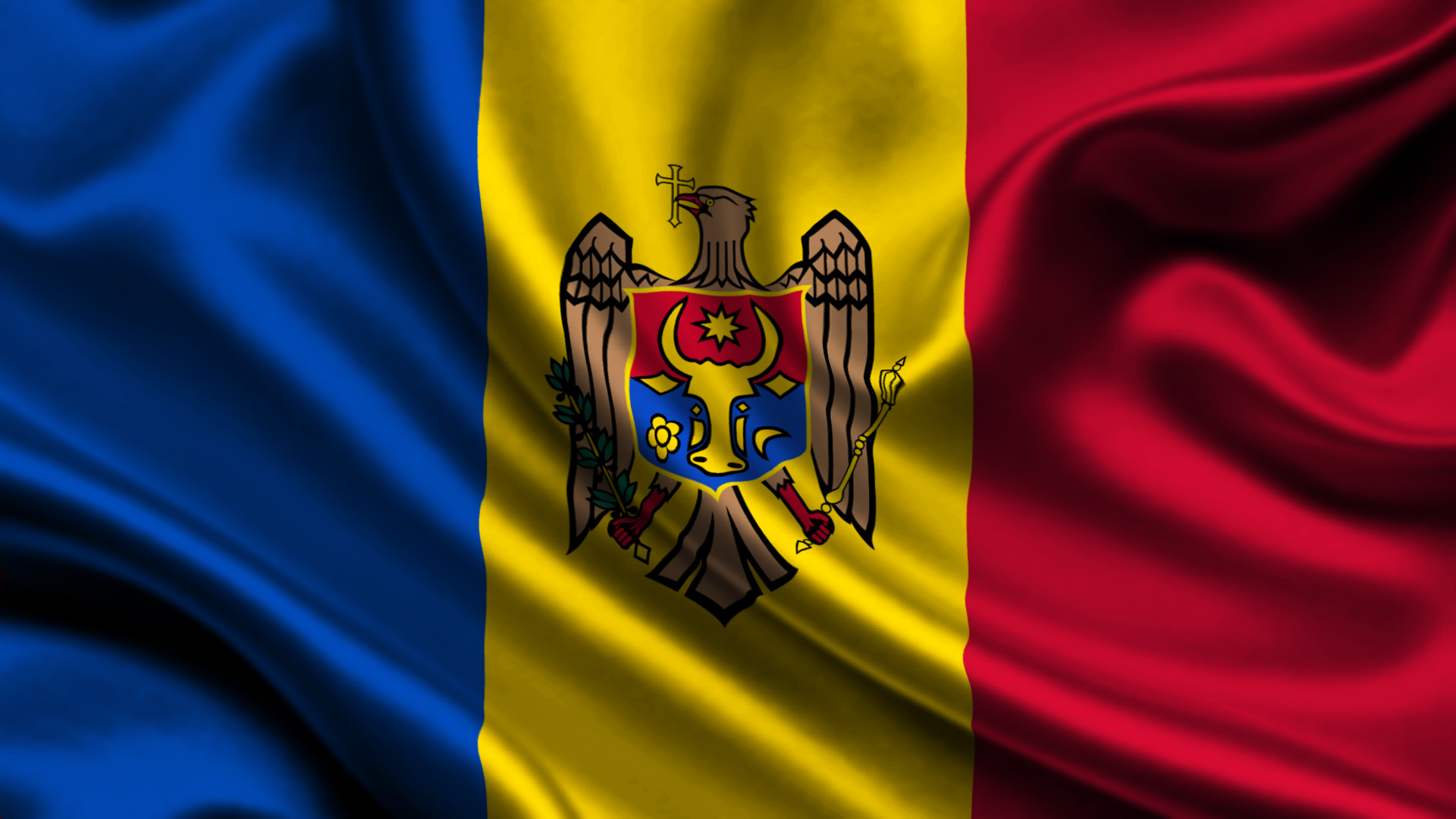Recommendations

Unity of Moldovan society is under threat. The division occurred not only along inter-ethnic, but also on political grounds. The identity of the main opposing sides refers to a historical trauma. In the case of Romanian-oriented liberals and democrats, these are Stalin's repressions, deportations and famine; and in the case of left-wing movements and Russian-speaking citizens, these are the activities of the pro-fascist Iron Guard in pre-war Romania and Marshal Antonescu. The cultivation of such traumatic memory strengthens the schism in a society which, in the conditions of Moldova, acquires both political and ethnic character.
Pro-Romanian Unionism jeopardizes both domestic political stability and relations with Russia, which traditionally exerts a significant influence on the Russian-speaking section of Moldovan population, as well as playing an important role in its economic development. Thus, the first wave of unionism has already led to the breakaway of Transnistria and the autonomy of Gagauzia in the early 1990s. A new wave of this movement could make the separation of PMR irreversible, and Gagauzia can follow along the Transnistrian example. A new wave will inevitably lead to a deterioration in relations with Russia, which can create problems with the status of tens of thousands of Moldovan labour migrants in the Russian Federation.
- General recommendations for the accession to international agreements and conventions
- General recommendations for adjustments to the legal framework.
- General recommendations for the executive bodies in the field of enforcement of law and human rights.
Republic of Moldova should join the UN General Assembly resolution on "glorification of Nazism: the inadmissibility of certain practices that contribute to fuelling contemporary forms of racism, racial discrimination, xenophobia and related intolerance", as it would help national reconciliation in the country.
Moldovan parliament should ratify the bilateral agreement with Ukraine on cooperation in ensuring the rights of persons belonging to national minorities. This will enable both countries use the legal instruments for the protection of rights of national minorities, as well as to enforce the rights of its citizens and compatriots in the territory of the neighbouring state. The Parliament should implement the recommendation, supported by the Moldovan delegation on May 17, 2012. It is a model law on the inadmissibility of actions for the rehabilitation of Nazi glorification of Nazi criminals and their accomplices adopted by the IPA of CIS. This model law was recommended for discussion and adoption by the national parliaments of the CIS countries. The Parliament of the Republic of Moldova registered a similar bill already on December 1, 2011.
Moldova should revise laws to marginalisation of the Russian language and, therefore, discrimination of Russian-speaking population. Furthermore, laws for the protection of military monuments and memorials associated with the victory over Nazism should be enacted, for this victory has a clear pan-European and global value. In this regard, the Republic of Moldova should take the example of Germany and Austria, where there is respect for such monuments.
The government of the Republic of Moldova should have the legislation conform to the decision made in 2003, i.e. the Law on Combating Extremist Activity, and to submit an appropriate bill to the Parliament.
Executive authorities should be more careful in dealing with the functioning of the languages of ethnic minorities, as well as the characteristics of the historical memory, all of which is directly related to human rights.
Moldovan government should carry out the optimisation process of education with a compulsory public discussion prior to making any amendments, including the prevention the shutdown of schools where the tuition is in the languages of national minorities.
A public debate on the most pressing issues of the country's history should also be organised, providing freedom of expression to all interested parties. This discussion could also apply to issues of public and political symbolism, as well as significant historical events and characters, including memorials. Such a debate would give the authorities an idea of the diversity of views on the history of the country and the leading trends that would allow more objective and impartial implementation of the policy of historical memory.


